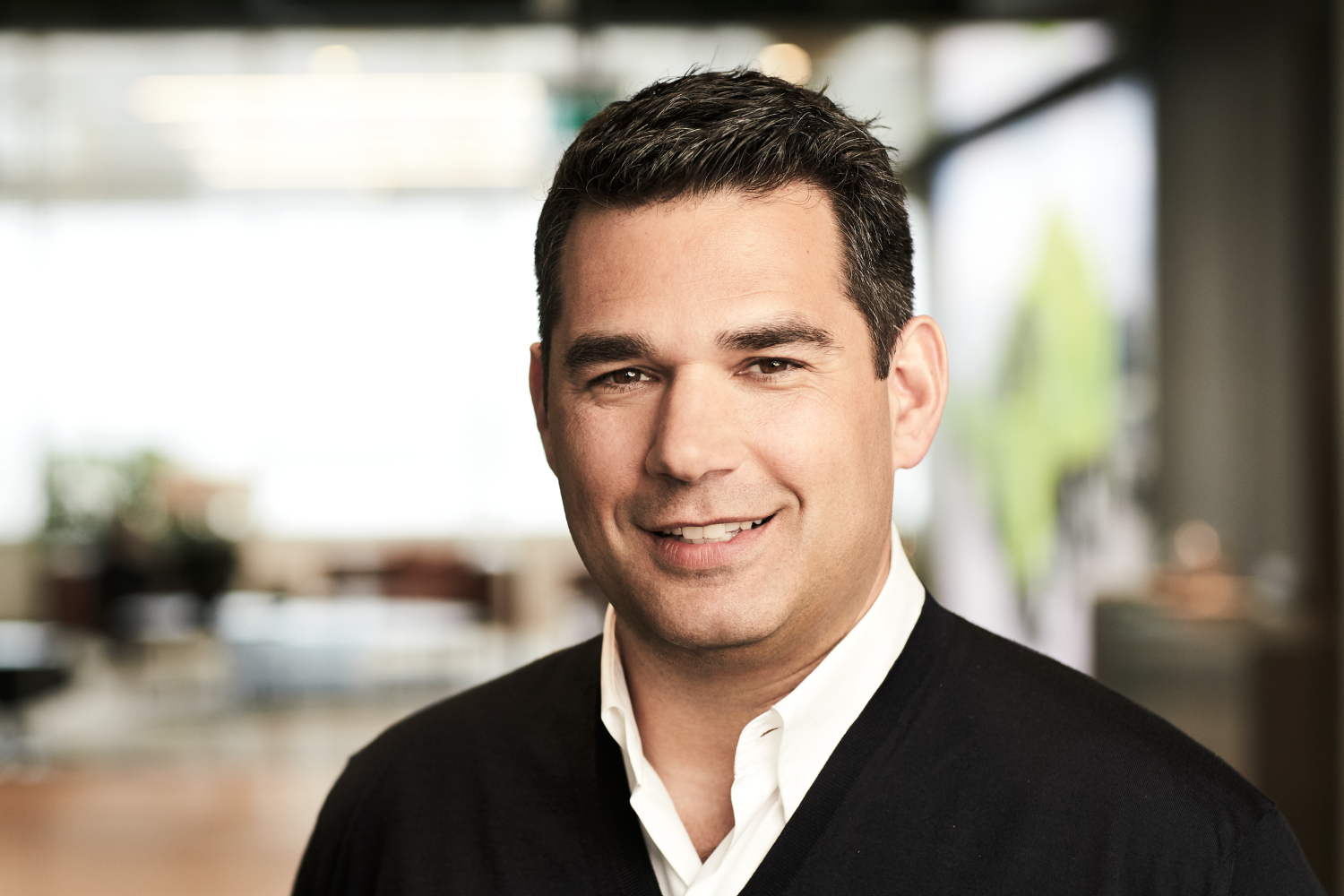How to Pitch Your Start-up to Investors

In 2010, Sam Pillar and Forrest Zeisler met at an Edmonton coffee shop. They got talking and learned they were both computer scientists with an interest in helping small businesses.
Zeisler had a friend at a local painting company that needed help organizing paperwork. Seeing the market potential, Pillar and Zeisler founded Jobber, a software platform that helps small home-services businesses—plumbers, electricians, landscapers—manage and automate administrative tasks.
They bootstrapped the company with small investments from family and took on some credit card debt. Pillar entered a pitch competition through Alberta tech conference AccelerateAB and presented how Jobber worked and what problem it solved to potential investors.
RELATED: How Workplaces Can Give Staff Unlimited Paid Time Off
He came first, winning a trip to a start-up conference in Kelowna, B.C. The experience allowed Pillar to hone his pitching skills, which led to meetings with investors, resulting in a $250,000 fundraising round in 2012. “I didn’t know anyone prior to that competition,” Pillar says. “It was great to get in the same room as investors involved in the ecosystem.”
By 2013, the company had hit its stride, serving nearly 1,300 clients in 24 countries. In the early days, Pillar would meet with every investor that would talk to him. But as the company grew, he was more selective with meetings. He researched whether firms had invested in similar companies to gauge if they were serious about start-up funding. “As a CEO of an early-stage start-up, you want to spend as little time on fundraising as possible, because you should be spending your time growing the company,” he says.
The strategy paid off. They raised $12 million in 2018 and $80 million in 2021 during Jobber’s B and C rounds. By 2022, most investment firms knew what the company had to offer. Pillar was considering another round of fundraising to pump money into marketing and R&D.
“As a CEO of an early-stage start-up, you want to spend as little time on fundraising as possible, because you should be spending your time growing the company”
In November, he had a list of about 10 serious potential investors. He zeroed in on General Atlantic, a New York-based private-equity firm with more than US$72 billion in assets. He explained how Jobber had tripled its revenue since 2021 and relayed how much he wanted to raise and how he intended to spend it.
In December, executives from Jobber and General Atlantic met in Toronto for a full-day meeting to discuss the investment. Then they went out to a steakhouse to get to know each other on a personal level. They finalized a deal in early 2023. General Atlantic invested US$100 million with backing from Summit Partners, Version One Ventures and Tech Pioneers Fund.
RELATED: How Brands Can Stay Relevant on Social Media
Pillar says it’s important that start-ups focus on growing a customer base and providing value, ultimately creating a business that will attract investors. “If you can demonstrate consistent growth, you will have a much easier time raising capital.”
This article appears in print in the Spring 2023 issue of Canadian Business magazine. Buy the issue for $7.99 or better yet, subscribe to the quarterly print magazine for just $40 a year.










